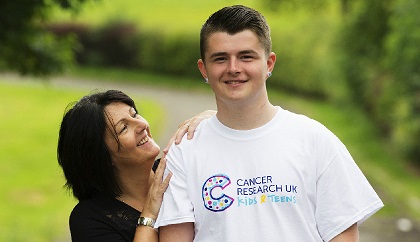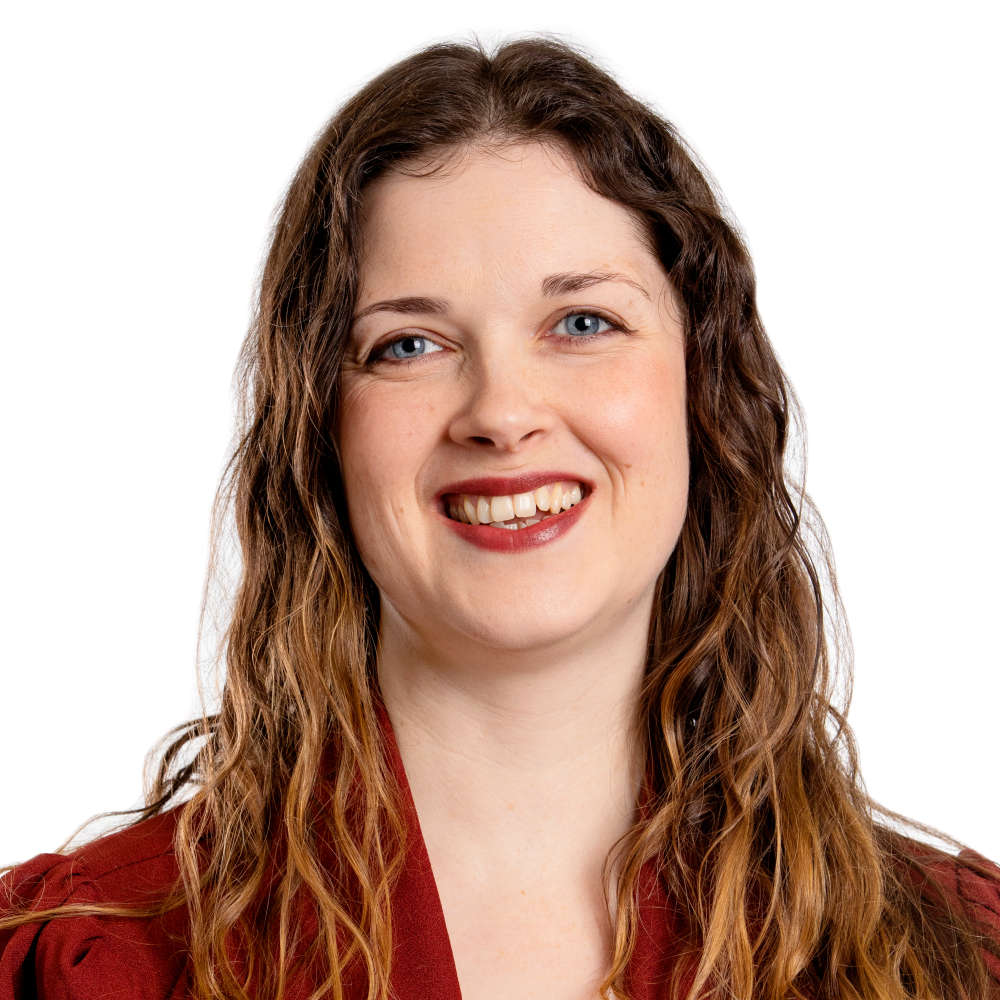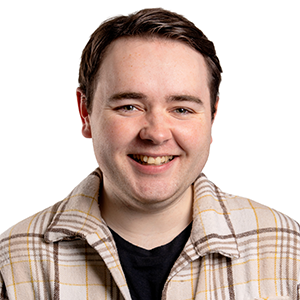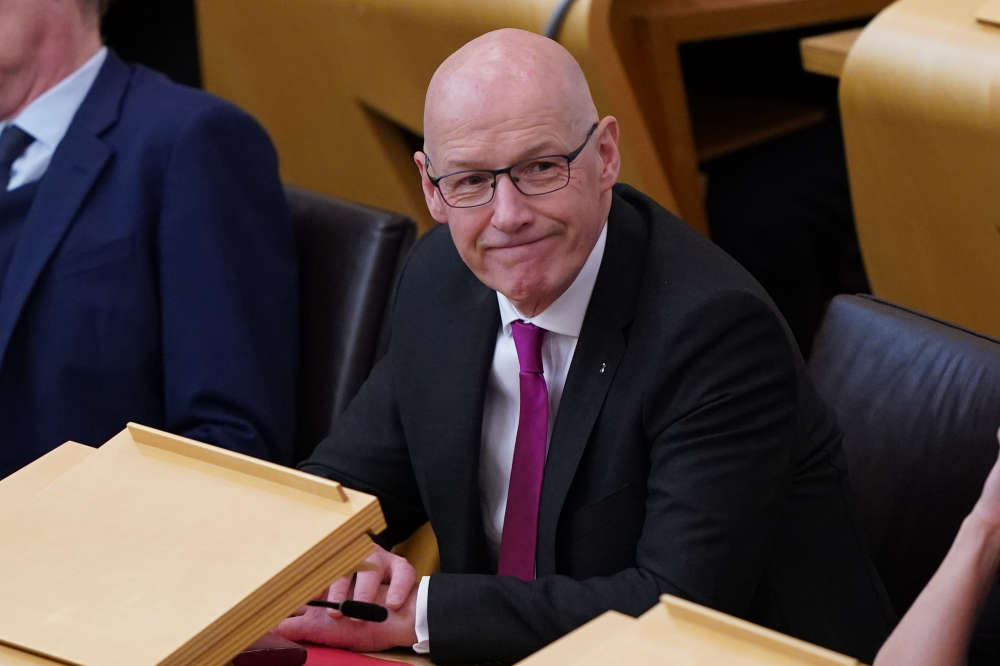
More life-saving cancer trials must be made available to young patients in Scotland - to vastly increase their chances of survival.
That is according to researchers who have discovered only 152 of 534 of all clinical trials suitable for 16 to 14 year old cancer patients - slightly more than a quarter - are available North of the border.
There is also a need for greater awareness of available trials, as there are worries not enough treatment centres know about them.
Dr Angela Edgar, one of the authors of the study and Chair of the NCRI Teenage and Young Adults Clinical Studies Group, said: "Our study confirms that children and young adults in Scotland have fewer clinical trials available to them compared to the rest of the UK. The reasons are likely to be complex, but we need to close this ‘trial gap’.
"The most disadvantaged are 16-24 year olds. There are fewer trials for them to begin with, and unlike younger children, they are often treated at centres where trial recruitment in this age group may be unfamiliar and overlooked."
Professor Pam Kearns, Cancer Research UK’s expert on childhood cancers, said: "The shortage of trials available for young people in Scotland is deeply concerning. Despite improving survival rates, cancer is the main cause of death in children, teenagers and young adults in the UK. This is why Cancer Research UK is running a campaign called Kids & Teens which aims to fund more research in cancer in young people under 24."
Cancer survivor Taylor Kershaw and his family are hugely grateful at being given the opportunity to participate in the Euronet trial which was comparing different ways of treating Hodgkin lymphoma to help lower the risk of long term side effects.
Doctors usually treat Hodgkin's lymphoma with chemotherapy and radiothe
For Taylor, who is now aged 16, his participation in this Cancer Research UK trial meant he went in to remission without having to go through radiotherapy, something he and his family were hugely relieved about.
Taylor is a winner of a Cancer Research UK Kids & Teens Award for bravery, is now clear of cancer and has regular hospital check ups. He also recently started work as an apprentice technician with Arnold Clark.
Taylor’s mum Michelle Kershaw, aged 47, said: “Taking part in a trial meant a huge amount to us as a family. For Taylor it meant that he didn’t have to receive radiotherapy, something he felt very fearful of. For all of us, we were reassured that the treatment he was going to get was going to be kinder than what had been traditionally on offer. And because the trial had been running for a long time, we also had confidence in its success.
“Having cancer has made Taylor very mature for his age and, although he was only 12 when he was diagnosed, he realised that taking part in a trial would also have benefits for other young people – he saw it as being something positive to come out of his cancer diagnosis.”


 John Swinney elected Scotland's new First Minister
John Swinney elected Scotland's new First Minister
 Public consultation on Cupar North development opens
Public consultation on Cupar North development opens
 Man, 44, seriously injured in hospital after crash between Comrie and Rosyth
Man, 44, seriously injured in hospital after crash between Comrie and Rosyth
 11°C
11°C
 17°C
17°C